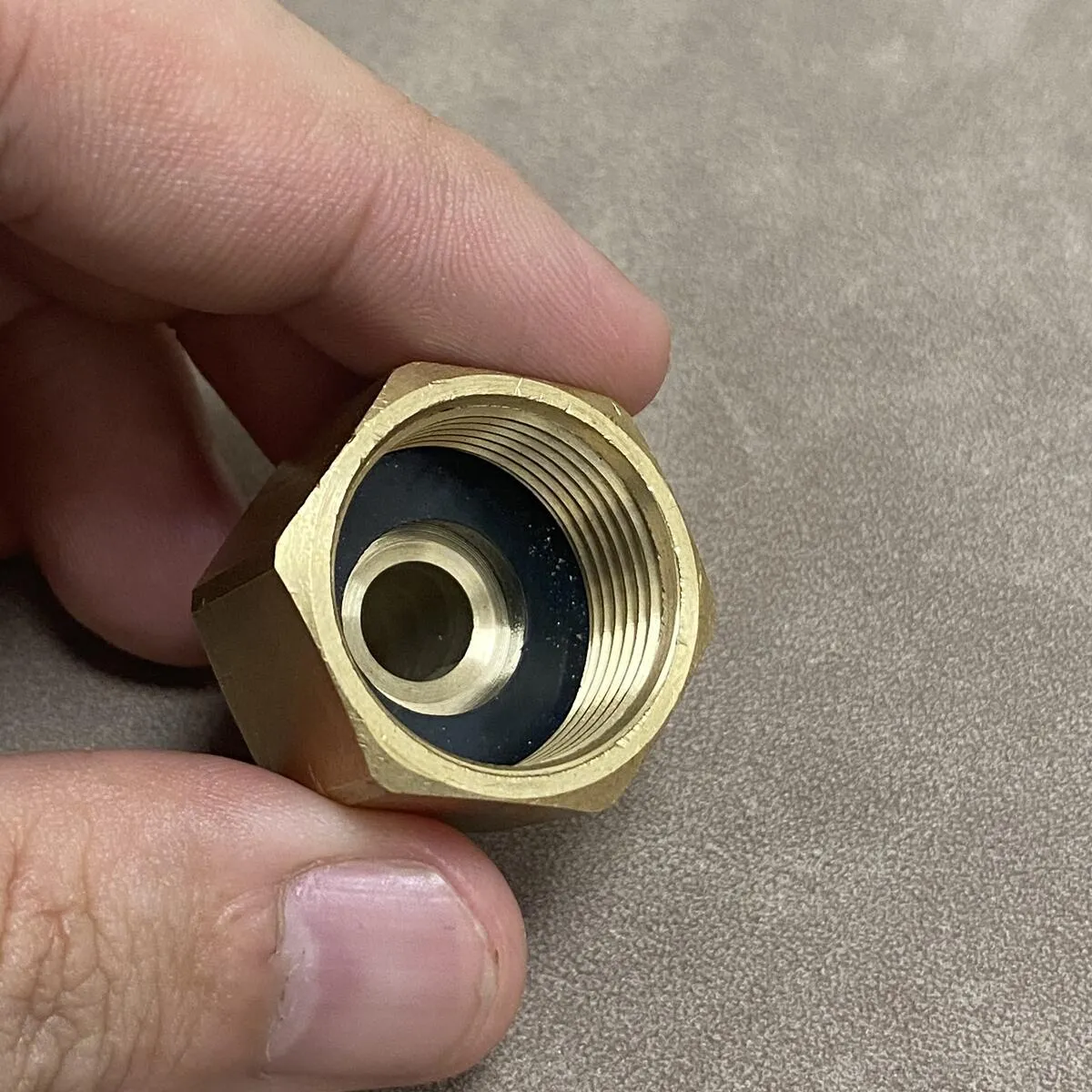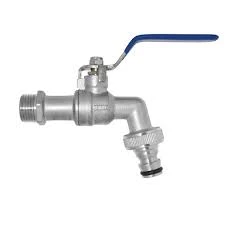Introduction to Brass Thread Fittings
Brass thread fittings ISO 22391 are widely used in various industries due to their strength, corrosion resistance, and ease of installation. These fittings feature threaded connections, making them ideal for secure and leak-proof joints in plumbing, gas, and industrial systems. Their versatility and durability make them a preferred choice for both professionals and DIY enthusiasts.
Why Choose Brass Thread Fittings?
Brass is an alloy made from copper and zinc, combining the best qualities of both metals. Here’s why brass thread fittings are a popular choice:
- Corrosion Resistance: Brass has natural anti-corrosive properties, making it perfect for water, gas, and oil applications.
- Durability: Brass fittings can withstand high pressure and temperatures, ensuring a long lifespan.
- Easy to Work With: Brass threads offer a tight seal, making installation simple and effective without needing heavy tools.
Types of Brass Thread Fittings
Brass thread fittings come in various types, each serving a unique purpose in different piping systems. Let’s explore the common types:
1. Brass Threaded Couplings
These are used to join two pipes together, ensuring a secure and leak-proof connection. They are ideal for both residential plumbing and industrial applications.
2. Brass Threaded Elbows
Brass threaded elbows allow for directional changes in piping systems, typically at a 90° or 45° angle. They are commonly used where space is tight or when a directional shift is necessary.
3. Brass Threaded Tees
A brass threaded tee fitting splits the flow of water or gas into two directions, often used in systems where multiple outlets are required.
4. Brass Threaded Adapters
Adapters are designed to connect pipes or fittings of different sizes or materials, making them ideal for systems that require transitions between copper, plastic, or steel pipes.
5. Brass Threaded Caps and Plugs
These fittings are used to close off or seal the ends of pipes temporarily or permanently, preventing leaks or blockages.

Advantages of Using Brass Thread Fittings
Brass thread fittings offer numerous benefits that make them stand out among other materials like plastic or steel:
1. Leak-Proof Sealing
Brass threads provide a tight, leak-resistant seal, reducing the chances of water or gas leaks over time.
2. Long-Term Durability
Due to their corrosion resistance and strength, brass thread fittings can last for many years, even in harsh environments such as outdoor installations or areas with fluctuating temperatures.
3. Versatility
Brass thread fittings are compatible with various piping materials, including copper, steel, and PVC. This versatility allows them to be used in a wide range of systems, from plumbing to industrial machinery.
4. Aesthetic Appeal
In addition to their functional qualities, brass fittings have a polished, gold-like appearance, making them visually appealing for exposed plumbing applications.
Common Applications of Brass Thread Fittings
Brass thread fitting used across many industries and in various applications, including:
1. Residential Plumbing Systems
In homes, brass thread fitting often used for hot and cold water supply lines, thanks to their ability to resist corrosion and tolerate high temperatures.
2. Gas Distribution Systems
Due to their durability and ability to form tight seals, brass thread fitting widely used in gas pipelines, ensuring that gas distributed safely and efficiently.
3. Industrial Machinery
In industrial settings, brass thread fitting utilized to connect various machinery parts, handling the flow of oil, water, or compressed air with ease.
4. Irrigation Systems
Brass thread fitting also commonly used in irrigation systems, where durability and corrosion resistance are essential for consistent water distribution in outdoor environments.
Installation and Maintenance of Brass Thread Fitting
1. Proper Installation
When installing brass thread fitting, ensure that threads are clean and free from debris. Use plumber’s tape or thread sealant to create an airtight seal, which will prevent leaks.
2. Regular Maintenance
To ensure the long life of brass fittings, regularly inspect for wear, leaks, or signs of corrosion. Although brass is resistant to rust, exposure to certain chemicals or environments may accelerate wear.
Brass Thread Fitting vs. Other Materials
How do brass thread fittings compare to other common materials like plastic or steel?
1. Brass vs. Plastic
Plastic fittings are lighter and cheaper but don’t offer the same strength or temperature resistance as brass. Brass is far more durable and suitable for applications requiring high pressure and long-term reliability.
2. Brass vs. Steel
Steel is stronger than brass but is more prone to corrosion, especially in water systems. Brass strikes a balance between strength and corrosion resistance, making it the better option for many water and gas applications.
Conclusion
Brass thread fittings provide a reliable and durable solution for various applications, from residential plumbing to industrial machinery. Their corrosion resistance, strength, and ease of installation make them an excellent choice for long-lasting, leak-proof connections.


















